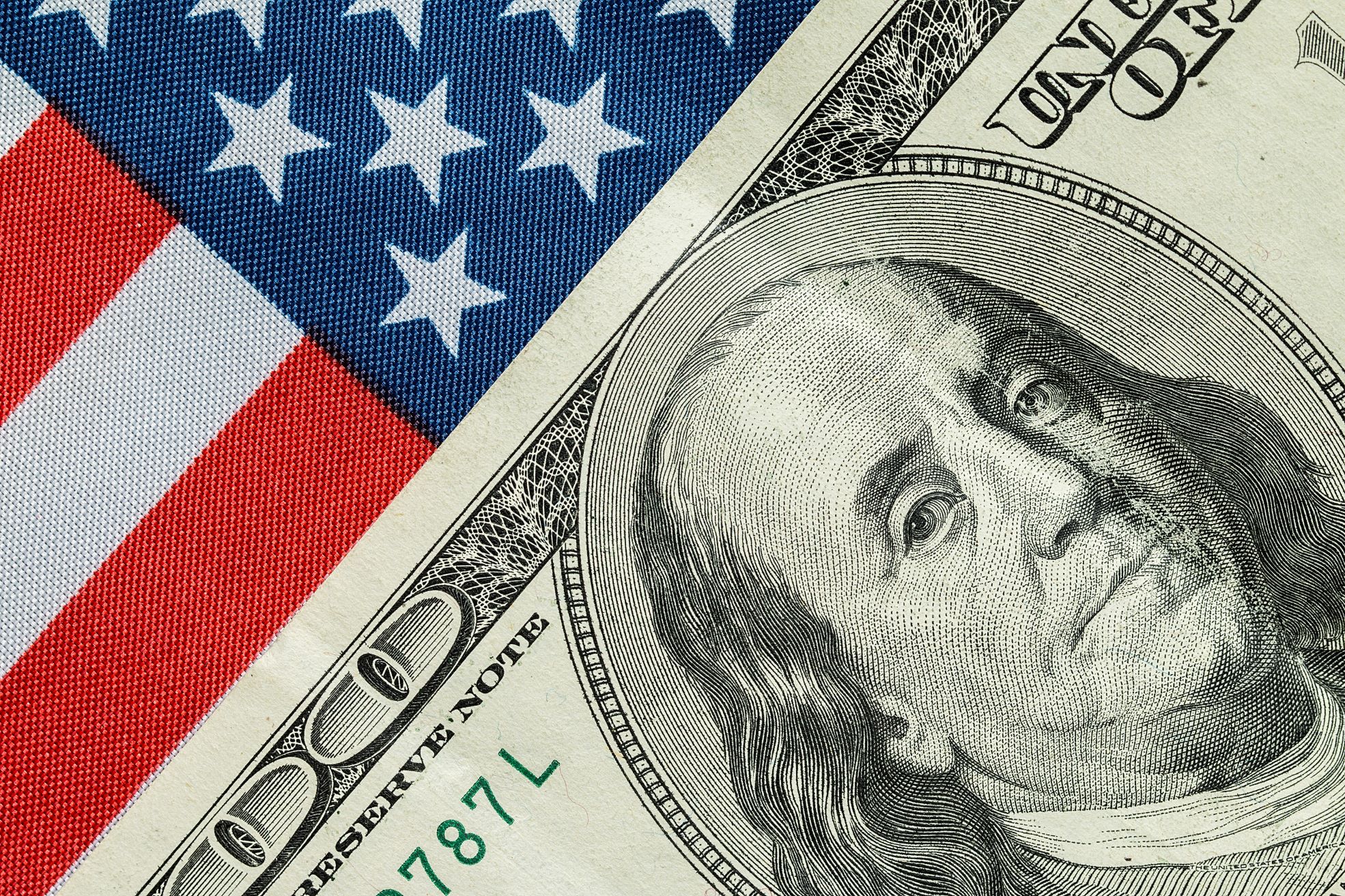The Bank of Israel finds itself facing a delicate dilemma as it weighs the decision to raise interest rates in the coming week. Several crucial factors have surfaced in the financial landscape, with the primary concern centering on the strengthening US dollar against the shekel, which is currently trading at around NIS 3.72.
In this complex scenario, the central bank must carefully navigate between two competing objectives: ensuring sustained economic growth and addressing the issue of inflation, which is partly fueled by the devaluation of the shekel.
In fact, a significant depreciation of the shekel in recent months may prove to be a key factor in the Bank of Israel’s decision regarding the interest rate in the economy, which is scheduled for the announcement next Monday. According to Morgan Stanley, the change in currency rates alone accounts for a substantial two percentage points of inflation. The devaluation of the shekel primarily affects the prices of imported products and raw materials, and normally these effects are felt by consumers after a certain time lag.
In addition, the government’s plans to press on with its judiciary reform may weaken the shekel even more, bringing it closer to NIS 4 per dollar. Therefore, the Bank of Israel may find it necessary to increase the interest rate from its current 4.75% to prevent such a situation. By doing so, it would be aiming to counteract the impact of the strengthening US dollar on inflation, which reached an annual rate of 4.6% in May.
Prico Group CEO Yossi Freiman told The Marker, “The legislative measures being discussed in the Knesset regarding the core aspects of legal reform are causing turbulence in the foreign exchange market. The influx of foreign currency for salary and tax payments (from companies with overseas headquarters) helps moderate the depreciation and appreciation of the shekel. Disappointingly, the dollar continues to trade around NIS 3.7, dashing the hopes of those who expected a stronger shekel and its subsequent impact on reducing the consumer price index and facilitating a decrease in interest rates. The substantial rise in consumption, as evident from credit card data, combined with the stable dollar above the NIS 3.7 threshold, may signal the continuation of interest rate hikes as part of the Bank of Israel’s ongoing battle against inflation.”
The impending announcement of potential changes in interest rates looms on the horizon, bringing with it anticipation and curiosity. The fact that the shekel has been losing value compared to other major currencies and the potential influence of political developments underscores the Bank of Israel’s imperative to seriously contemplate an interest rate hike. The bank must carefully manage the situation, finding the right balance between tackling the rising prices caused by the strong US dollar and ensuring overall economic stability despite external challenges. The bank’s decision, which will be revealed soon, will provide valuable insight into its strategy for safeguarding the well-being of our economy in the midst of a complex and ever-changing environment.





0 Comments